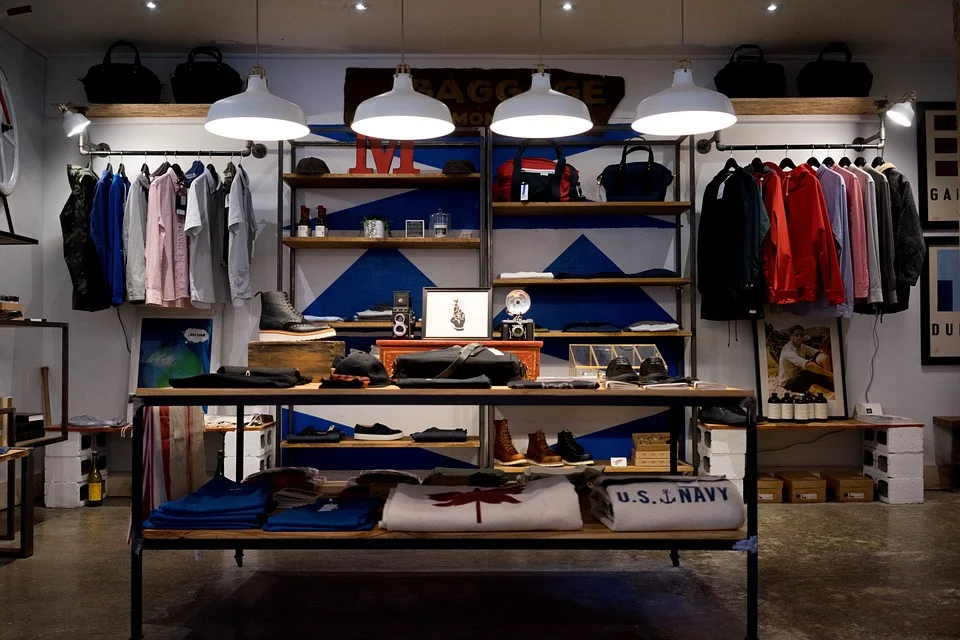The concept store has become an emerging retail model for the new generation of storekeepers. They are excellent venues to find a host of independent brands along with a shared business philosophy. Sharing a physical store with other small retailers can be an excellent cost-effective method to reap all the rewards of bricks and mortar retail, especially if you use a temporary outlet.
Concept stores combine high street retailing with an independent workforce. The store retains all the branding of the main brands, but the customer is not allowed to touch or try the products before buying. The concept store allows for brand loyalty at its most basic level. Customers visiting a retail outlet are given an opportunity to test a range of goods and services and are not pressured into buying before making a decision. This allows both the customer and the retailer to focus on each other’s brand and sales potential rather than being distracted by their neighbor’s latest release. It also allows both businesses the opportunity to introduce new lines and develop new marketing ideas.
A concept store often starts life as a pop up, multi-purpose pop up shop. A creative team will work together to design a bespoke design that will promote the company and its latest products. The store will often reuse existing showrooms, or retail spaces as well as re-using different angles to present a unique concept to the public. The design team may start by visiting your local area and talking to other businesses in the local area about which area would be best suited to host a pop up store. After selecting the best location, the design team can begin the process of turning your retail space into a pop up shop.
Pop up concept stores have been popular with retailers for years, and they remain popular today. Retailers have realized that they can take the advantages of this fashion experience and use it to create an advantage for themselves in the marketplace. Designers can work closely with retail owners to identify the key demographic areas that customers in your area are likely to be searching. From here the designers can create a marketing plan that ensures that the store is appealing to the shopper while also remaining within budget.
Although many of the pop up shops sell similar, affordable brands, the reason that concept stores are becoming so popular is because they allow retailers to promote their own unique brand and give customers something different to look and feel like they have walked into a department store. Concept stores are very popular in metropolitan locations because the environment can be designed to match the design team’s brand images and branding, whilst still giving the consumer a place to find something in the budget that matches their personal style. Many of the pop up retailers now sell the same top brands that you will find in high street stores, but they also sell brands that are not seen on traditional discount stores.
There are now concept stores for just about every niche and sub-niche. You will find very specific concept store themes for car enthusiasts, wine lovers, golfers, fitness enthusiasts, movie lovers, chefs, bloggers, internet marketers, DJs, and more. The market has become very focused on the consumer looking for the best deal and value for money. They want to know that they are getting quality goods for their money, whilst shopping within their budget. There are a lot less hassle and guesswork involved when buying from the internet and so more people are choosing to shop online for almost everything. It is becoming more apparent that Dyson vacuum cleaners are going to be big business over the next few years.


